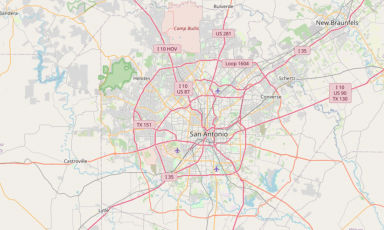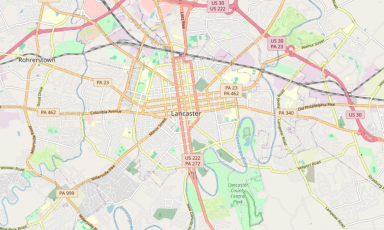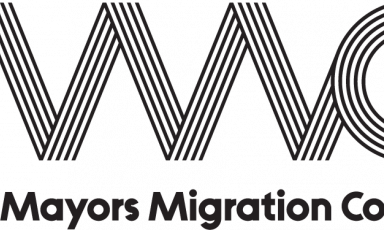Boston, United States
Increasing immigration legal access through immigrant-serving community-based organizations

Summary
Many individuals applying for immigration benefits seek legal assistance to navigate the arcane and confusing US legal system. However, the demand for accessible, affordable, and competent immigration legal assistance vastly outweighs supply. Legal aid organizations (LAOs) that help immigrants seek needed relief are vastly over capacity. The Mayor’s Office for Immigrant Advancement has committed to funding community-based organizations (CBOs) to respond to this lack of capacity.
Our strategy provides grant funding to immigrant-led and immigrant-serving organizations to hire culturally competent attorneys, hire paralegals/case coordinators, and pay for the Department of Justice (DOJ) accreditation training process for the paralegals/case coordinators and other staff members. This approach allows immigrants to utilize the services of known and trusted CBOs that provide culturally competent and language-accessible immigration legal services. Moreover, the DOJ accreditation allows these organizations to provide immigration legal services in-house, therefore relieving some pressure from the LAOs. To date, funding under the pilot phase has provided support to three CBOs to provide services to their own community based on linguistic needs predominant in the City of Boston - one Haitian Creole-serving, one Brazilian Portuguese-serving, and one Spanish-serving.
Impact
The City of Boston gave multiple grants in 2021 to CBOs and continues to evaluate the results. To date, the first organization to receive a grant, Immigrant Family Services Institute (IFSI), helped over 1,500 Haitians apply for Temporary Protected Status (TPS) in four months. The majority of staff at IFSI are Haitian or Haitian American, and provide culturally and linguistically responsive services to the immigrants they serve.
We expect this action to directly result in an increase of the number of staff at CBOs and to further support the hiring of community members that can provide immigration legal services. The Department of Justice accreditation process also allows a accredited staff at recognized nonprofit organizations to provide immigration legal services, which is a benefit of this funding that will go beyond the grant period, as the organization’s staff members can maintain the accreditation indefinitely through continuing education and reapplication. As one example, the grant to IFSI led to the hiring of an in-house Haitian American immigration lawyer and supported the process of applying for DOJ accreditation for an additional staff member.
To evaluate the efficacy of this action, we request reports of the staff members that the funding was used to hire. Additionally, we request a report at the end of the grant period, including a brief narrative of how the funds were used, overall impact, and the total number of both individuals served under this grant, including the number of clients served who received favorable results on their immigration applications.
Lessons learnt
There is an immense need for affordable and accessible immigration legal services. Funding the Immigrant Family Services Institute to provide assistance to the Haitian community in Boston resulted in many more individuals applying for TPS than would have been possible through only legal aid organizations. This demonstrates the capacity of CBOs to quickly mobilize, train, and supervise staff and volunteers to provide legal aid in response to community needs. Most importantly, these culturally and linguistically responsive services allowed the CBO to assist individuals more quickly, effectively, and comfortably.
Funding to the other two grantee organizations occurred too recently to provide lessons learned.


